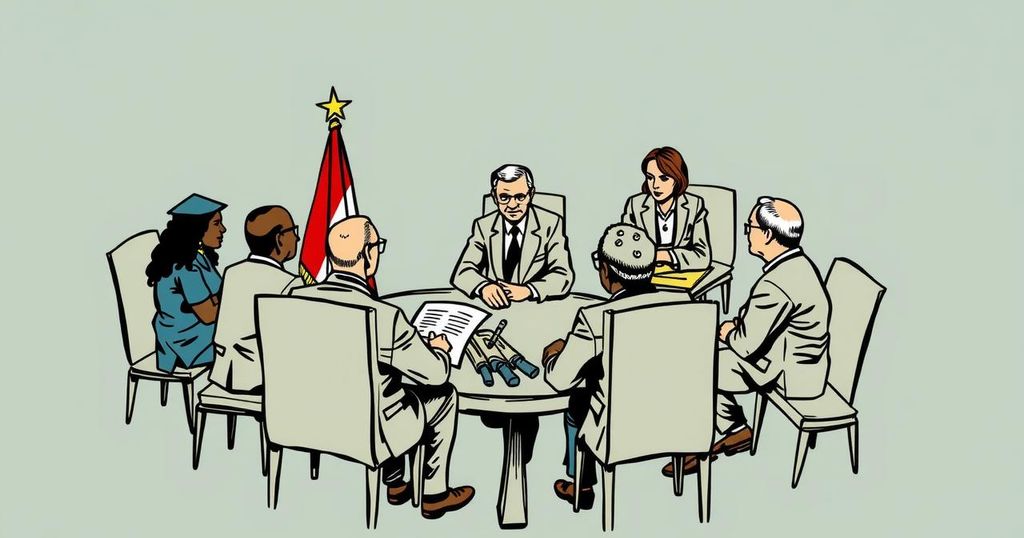Debate Over Proposed Constitutional Amendment in the DRC Causes Division

The President of the Democratic Republic of Congo, Felix Tshisekedi, has announced plans to establish a commission to draft a new constitution, igniting significant controversy, particularly regarding the potential abolition of the two-term presidential limit. This change could allow Tshisekedi to run for a third term, which has been met with staunch opposition from various political and civil society groups, raising concerns about the implications for the country’s stability.
The Democratic Republic of Congo (DRC) is currently facing a contentious debate following President Felix Tshisekedi’s announcement regarding the formation of a commission to draft a new constitution. This significant development was made public during his recent visit to Kisangani, where he emphasized the need for a constitution that better reflects the realities of the DRC and facilitates governance. A key aspect of this proposed amendment is the elimination of the two-term limit for presidential candidates, which would enable President Tshisekedi to seek a third term in the upcoming elections. Currently, he has already served two terms and, per existing regulations, is ineligible to run again. This idea of abolishing term limits is not new; it was previously proposed by Tshisekedi’s predecessor, Joseph Kabila, in 2015, but met widespread opposition from civil society groups and religious leaders at that time. Interestingly, Kabila’s own opposition party, the “Front commun pour le Congo” (FCC), is now vehemently opposing the proposed amendment, with its representatives firmly rejecting any changes to the constitution. Notably, opposition leader Moïse Katumbi has publicly declared that, “the constitution will not be changed.” Furthermore, Donatien Nshole, the Secretary General of the Congolese Episcopal Conference, warned of the potential dangers of constitutional changes, stating that, “a change to the constitution is very dangerous because it can further destabilize the country in the current situation in which it is unstable.” These sentiments reflect growing concerns about the implications of such amendments on national stability.
The DRC has a complex political history characterized by a turbulent past of leadership transitions, civil strife, and contentious electoral processes. The proposed constitutional amendment by President Tshisekedi to abolish the two-term limit raises significant questions regarding democratic practices and governance in the country. The two-term limit was established to promote political stability and prevent authoritarian rule, and the current discourse reflects a split between the ruling party and opposition groups. Past attempts to alter presidential term limits have sparked widespread protests and opposition, indicating that any changes to the constitution will likely provoke significant unrest and political instability.
In conclusion, the debate surrounding President Felix Tshisekedi’s proposed constitutional amendment to abolish the two-term limit reflects deep divisions within the DRC. With significant opposition from both civil society and political rivals, any movement toward changing the constitution raises critical concerns about the nation’s stability and governance. As the situation develops, the responses from various sectors of society will be vital in shaping the future political landscape of the DRC.
Original Source: www.fides.org







